Taymour Soomro is 2022–23’s James C. McFreight Fiction Fellow at UW-Madison and author of the breathtaking novel, Other Names for Love. It would be facile to call it a Pakistani novel or a queer novel because while it is all these things, it is so much more. It explores masculinity, family and, really, what is it about gay dudes and their dads? There is, however, a tendency to pigeonhole writers of color as writing about one thing and speaking for an entire culture or subcontinent.
“We are read differently,” as Soomro says. So we, an Indian and a Pakistani, talk about reading. Not the Drag Race kind, though you might be forgiven for thinking so given the seemingly perdurable animosities of our respective countries, but of reading as an act of empathy and a means of bridging gaps in how we, as a species, understand each other.
The first thing I ask Soomro during our conversation is about the provenance of the title of his novel:
“Is it in reference to how we, in Hindi or Urdu, have so many other names for love? Preet, pyar, ishq, mohabbat…?”
Somroo’s answer goes deeper than that. His is a novel about how men learn to love, how our relationships with our fathers may go on to define how we show affection to lovers, friends, family. The title is also in a way an indictment of Western media which doesn’t often associate Muslims and love.
“I didn’t want to write a terrorist novel…an extremist novel…there’s so much of ishq and mohabbat in Pakistan, and I wanted to write about that.”
This philosophy of multifariousness pervades Soomro’s teaching of creative writing at UW-Madison.
“What’s really important to me when I’m teaching writing is to be sensitive to [the] kind of multiplicity, the fact that we are coming from different cultures…of storytelling, that we want different things from the writing process, that we want different things from our fiction.”
If you could see the Zoom recording of this conversation, you’d see me as a bobblehead given how fervently I agree with him. He’s right, you know? Desi queer folk are susceptible to being misread, be it our etchings on a page or our lives.
As an example, the New York Times’ review concludes that the message at the nucleus of Soomro’s novel is “You will never, no matter how far away you get, be beyond your family’s power to wound.”
“Is this what we are supposed to take away from it?” I ask, almost timidly, fearful that I may have completely missed the point.
“Not at all!” Soomro exclaims. “It isn’t about wounding at all.”
I’m glad to hear it because to me, to steal from the writer himself, the novel is about “bonds that sustain.” Certainly, those bonds have the capacity to wound, but family, I’m sure you’ll agree, is complicated.
I am reminded of the very real worry that my friends express when I travel to New Delhi or to Dubai to visit my family:
“It must be so hard for you, going to a place where “it” is still a crime…” Will you be okay?” As if a public stoning at the airport is imminent.
Soomro is kinder than I am.
“I understand there is a lot of sympathy or empathy in that question, but there is also a kind of condescension…a kind of judgment.”
Soomro came out to the warm embrace of supportive parents, but we both know white gay men who are estranged from their families. Thus, the idea that this implacability regarding queerness is somehow exclusive to orthodox South Asian cultures feels like something out of Coleridge’s opium-addled imaginings. It’s vindicating for someone like me who has long held the same delusions of a coming out conceptualized by Norman Rockwell.
Yet, cultural exchange does present itself as a bit of a two-body problem. While misreading non-white queer folk is informed by imperialist (and—fuck, I’m just gonna say it—Orientalist) biases, how are we conveying our stories?
Soomro tackles this in an upcoming anthology, Letters to A Writer of Color, where he and his co-editor Deepa Anparra imagine what a creative writing program would look like were it taught by a multicultural faculty. Translation, for example, would be one of the focuses of this program.
“Translation is…something I am doing when I am writing because some of my characters…are speaking in Urdu, but I am writing what they’re saying in English.”
And it’s so much more than just words, isn’t it? How much of culture needs to be subject to translation?
“Do I need to explain to someone what Eid is or what Ramadan is? Or what a gulab jamun is?”
Personally, I think anyone who is in ignorance of gulab jamun should change that immediately. Seriously, put this magazine down and deal with this. Jokes aside, the point Soomro makes is an astute one because what and how much we translate when telling a story from one’s culture is an immanently political decision, “because those choices center or prioritize a certain kind of reader.”
Furthermore, I daresay it can get cringe-inductive and strangely sterile if you take, say, Khushwant Singh’s tack of using words like “clarified butter” or “onion fritters” for ghee or pakora, respectively. This also has the effect of turning a story from Pakistan or India or what have you into “ a guide for a tourist…a piece of ethnography,” as Soomro puts it “as though it is to be mined for data that will then tell you something about Pakistan.”
Soomro himself faced some of this when in conversation with publishers for his novel. One of them told him that he’d have to explain what feudalism was. This is, of course, absurd. The characters in his novel, who have grown up within this system, wouldn’t bring their story to a crashing halt to stage an afterschool special about feudalism in Pakistan. Real people don’t talk like that.
And I think that is the very nisus of Soomro’s writing: to show us as the real people we are by challenging foggy, mossbacked notions about Pakistan, queerness and desi, Pakistani queerness. There are other names for love, and you’re gonna learn today!
Akshat Sharma, a proud Badger and current New Englander, did his PhD in immunology from UW-Madison. He is a Gemini, a Trekkie and a Wharton/James fanboy who spends his days coaxing tumor-dwelling T cells to choose violence. Outside the lab, you will find him, book in hand, riding the Orange and Red lines of Boston’s infamous MBTA or gazing wistfully at the many brownstones peppered across the city.

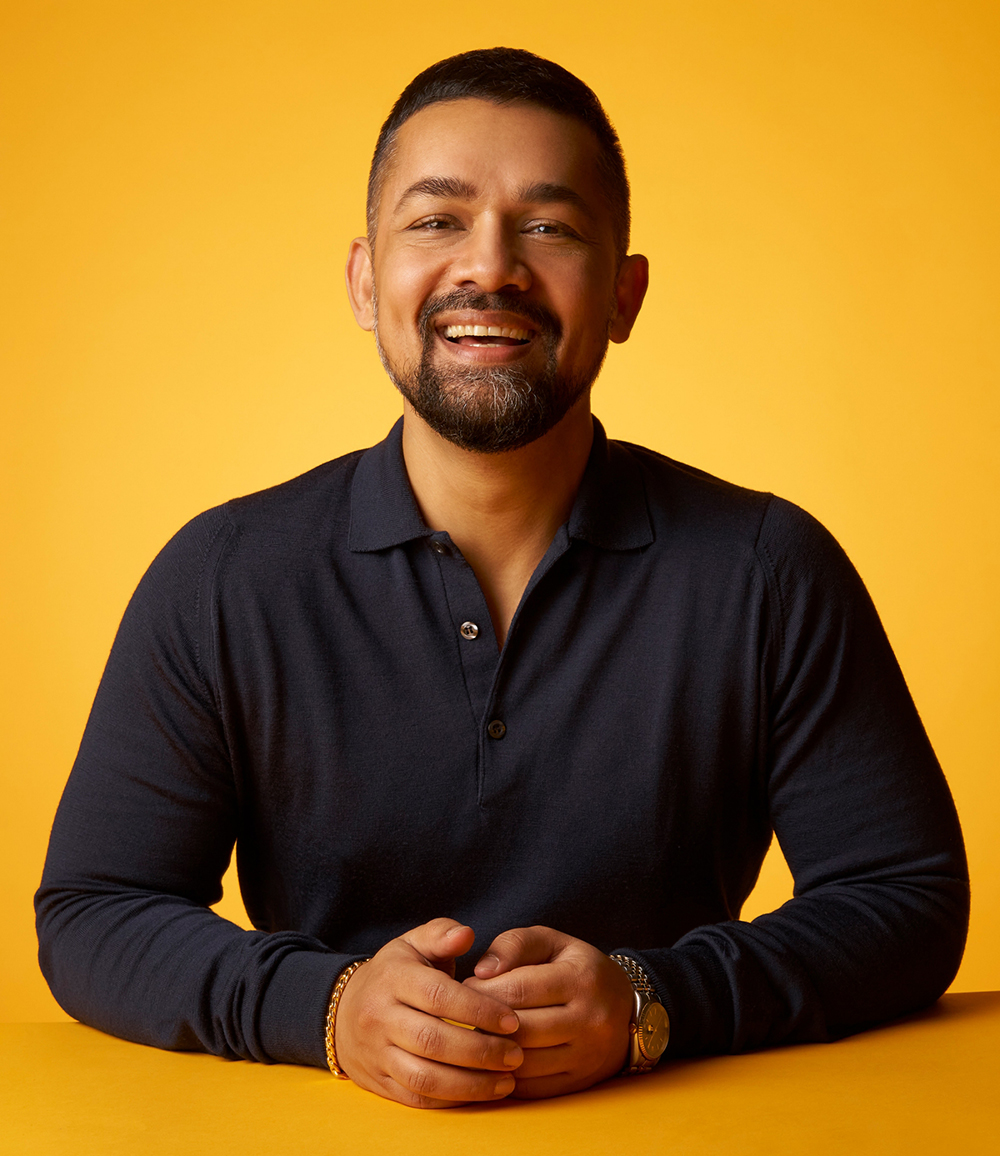

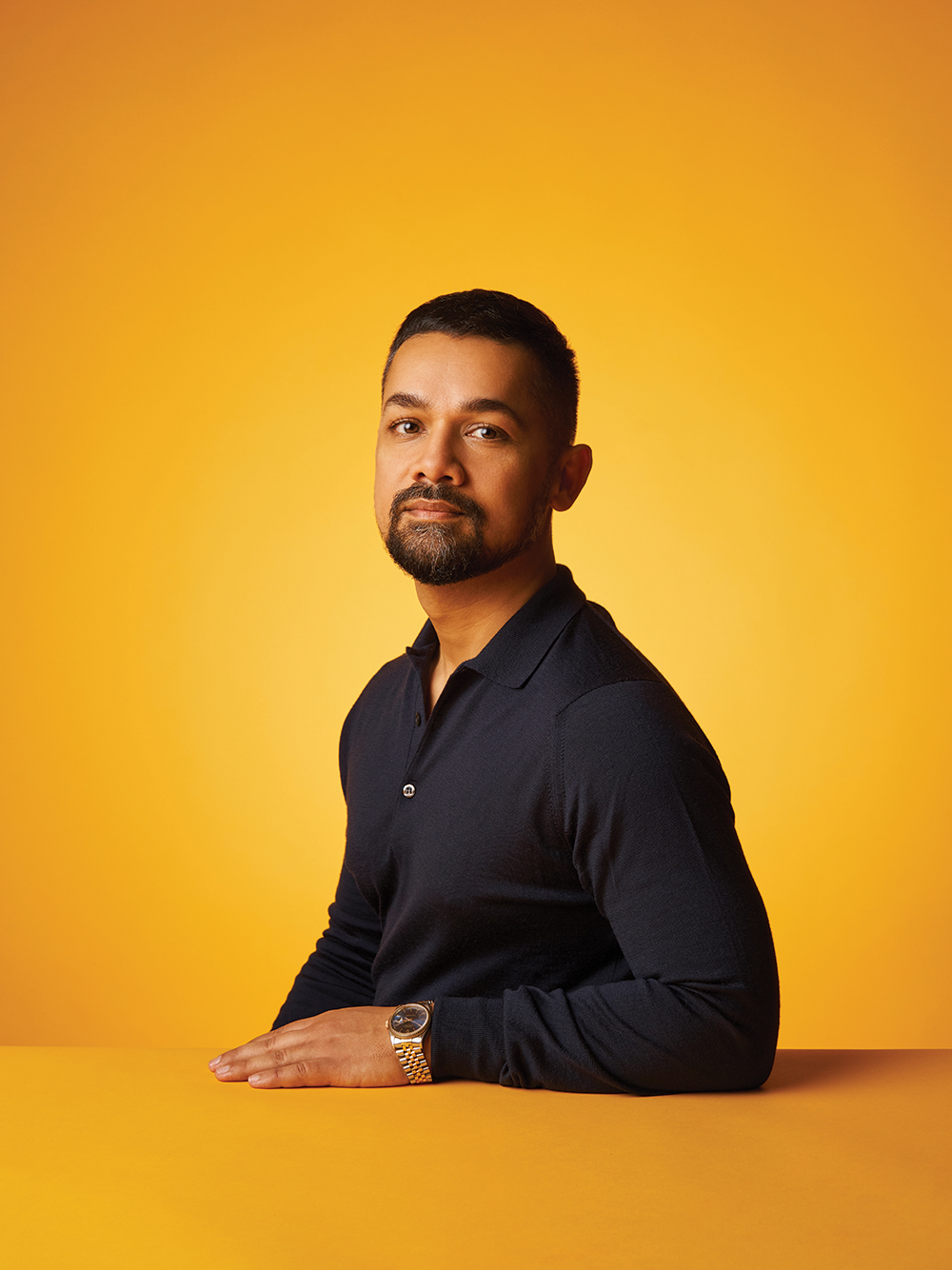



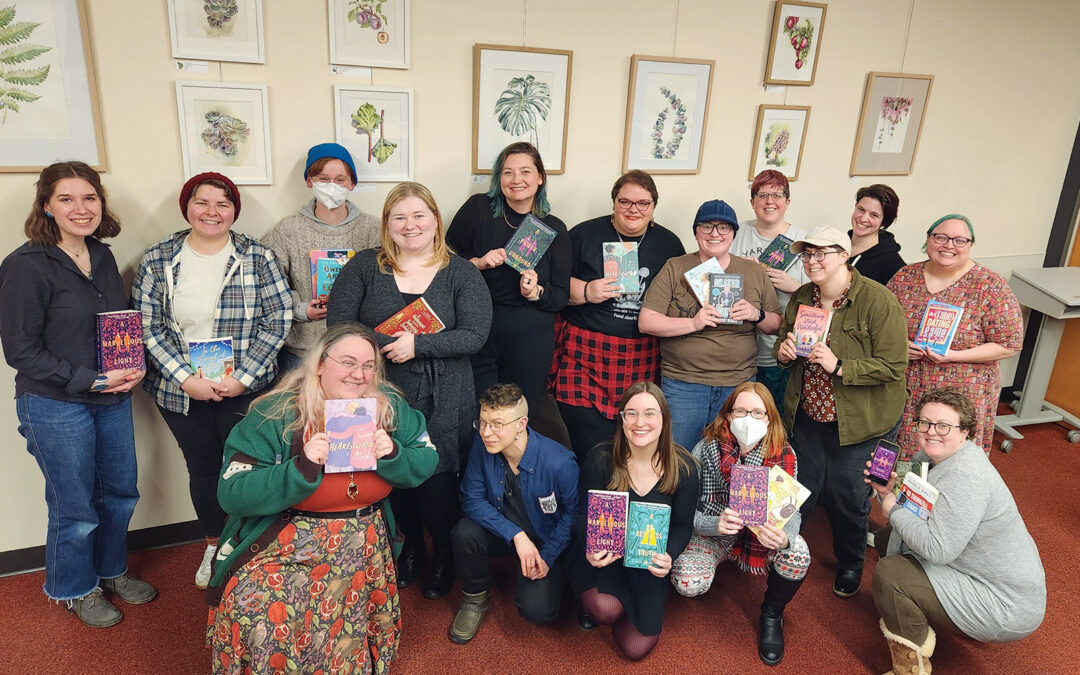
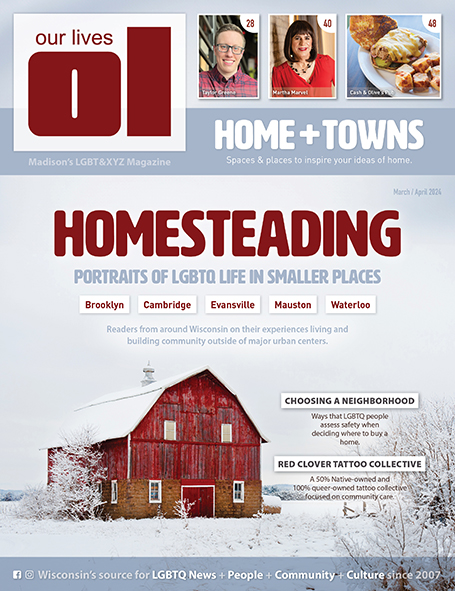
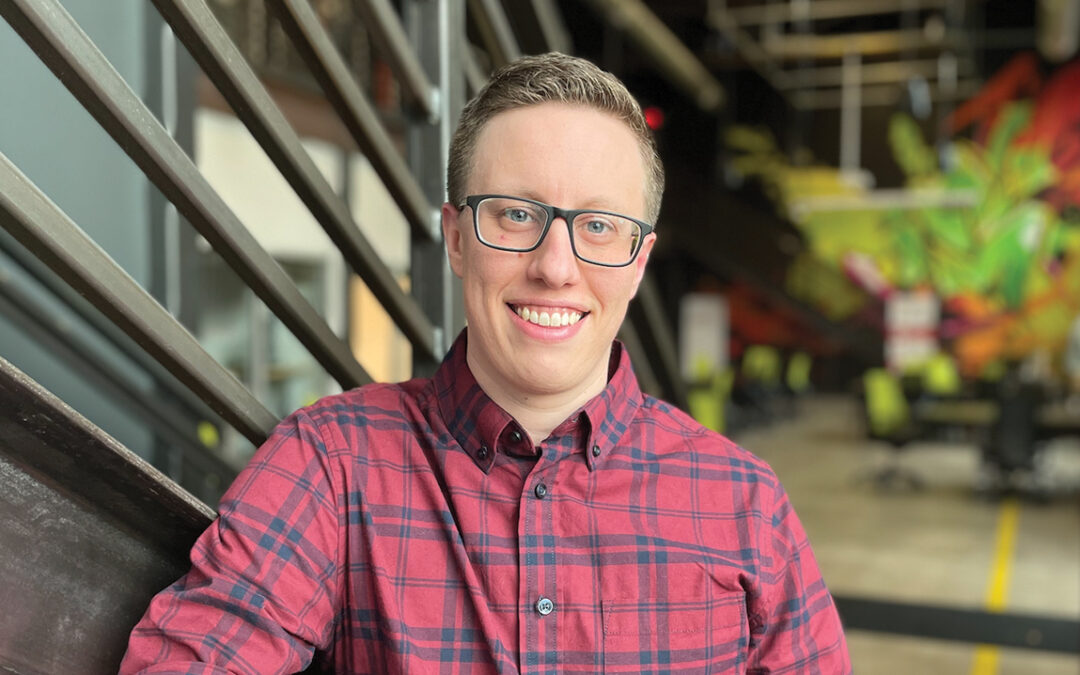
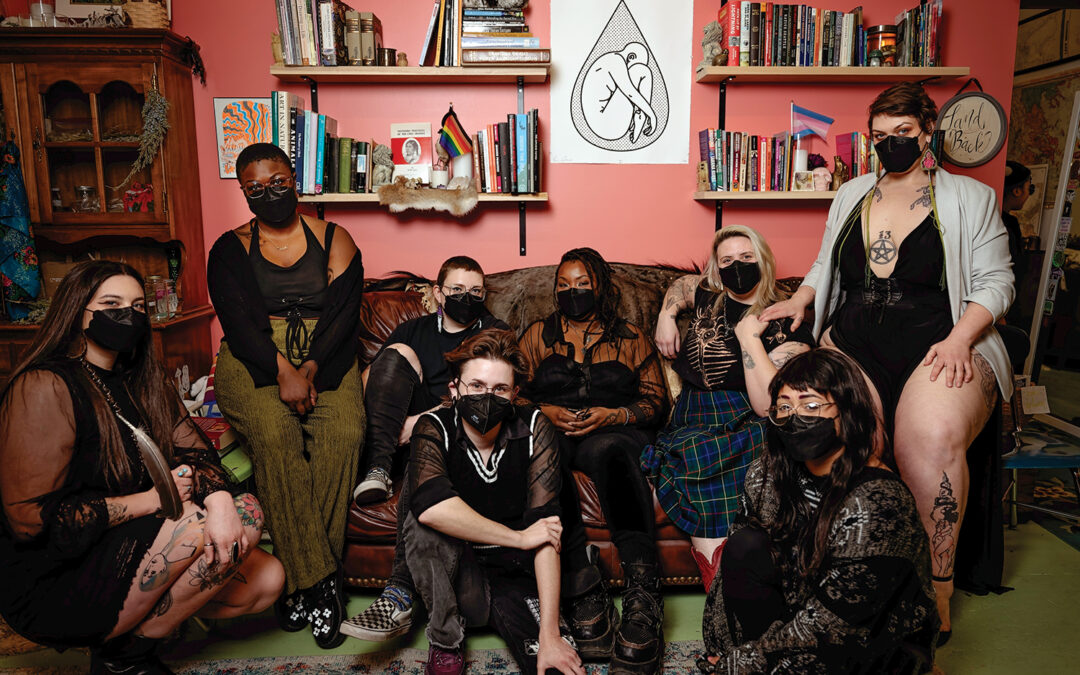
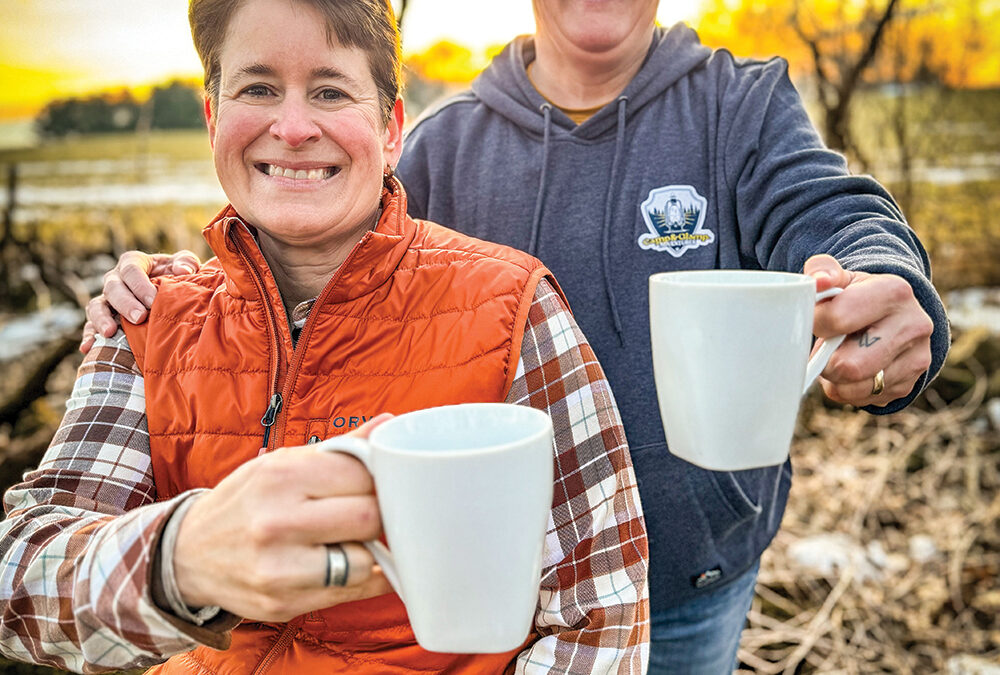
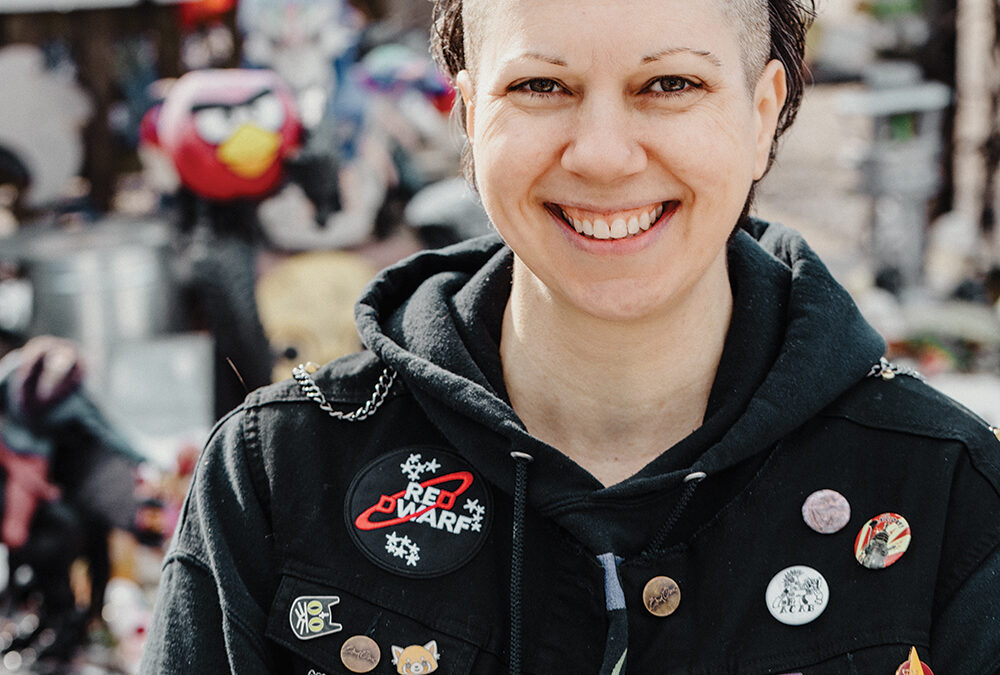
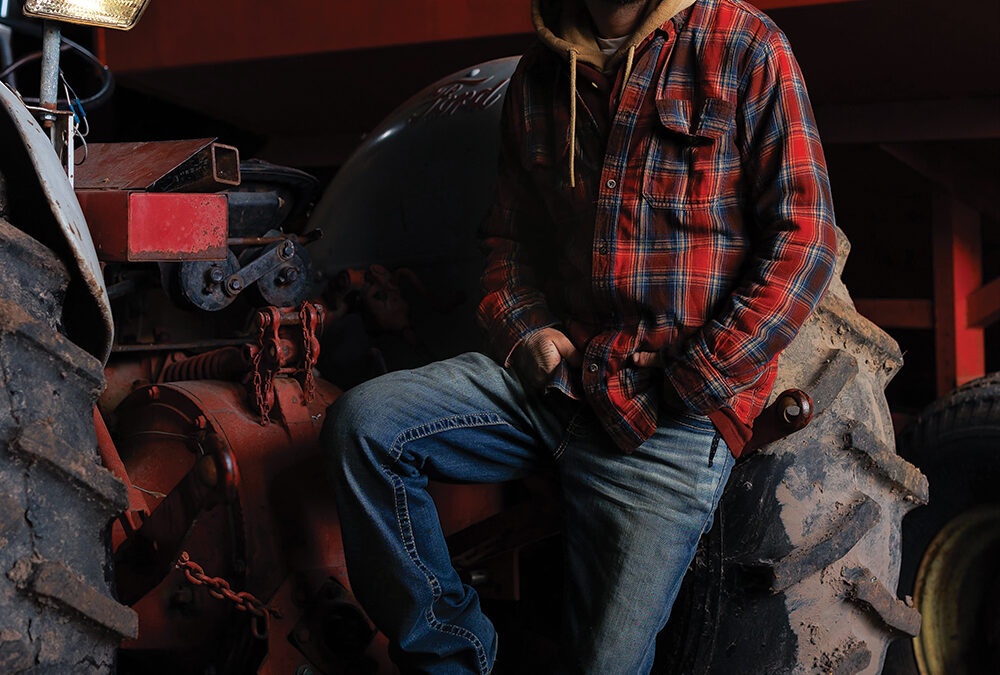
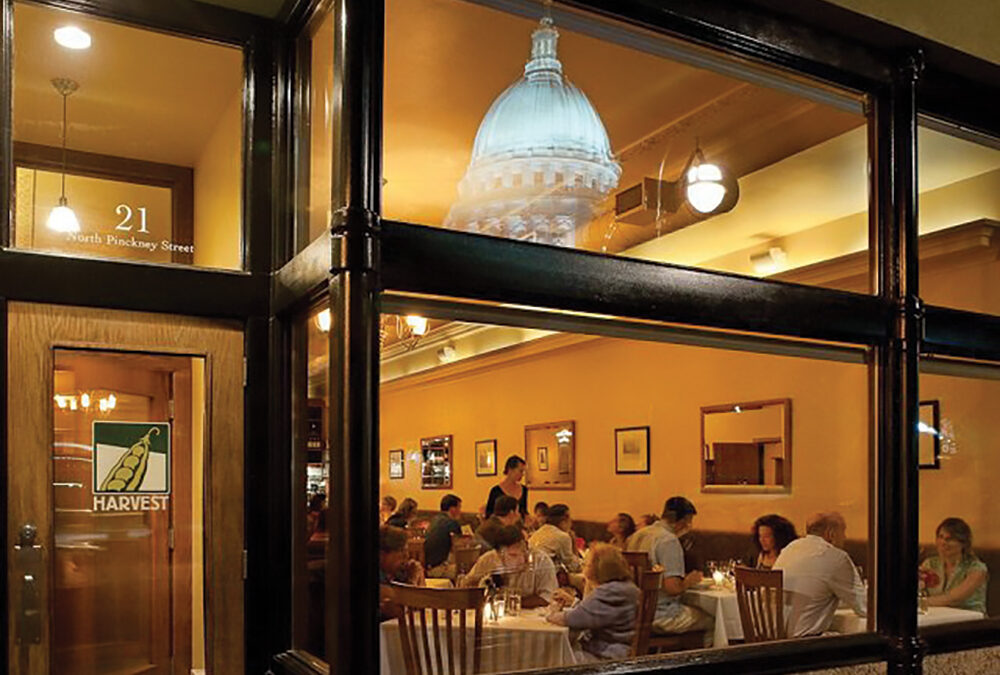
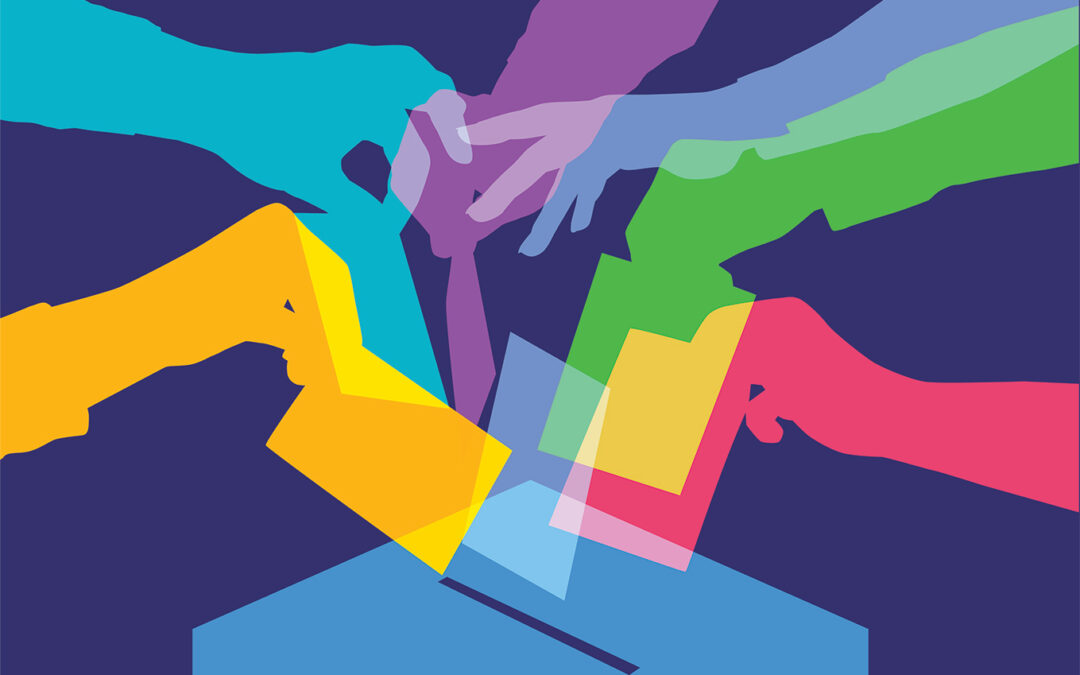
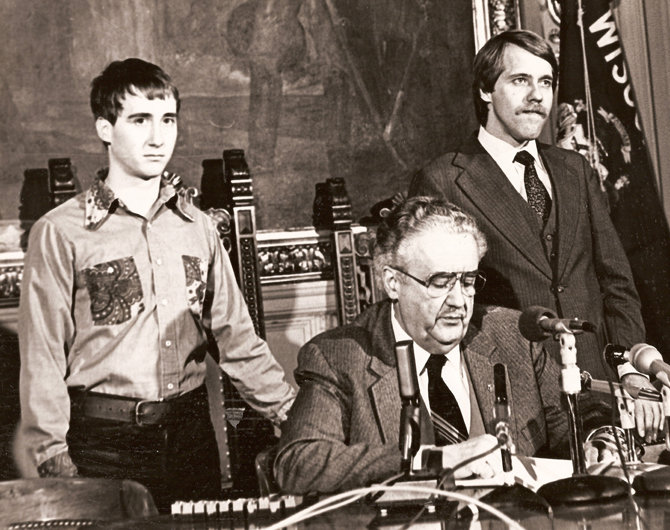









0 Comments